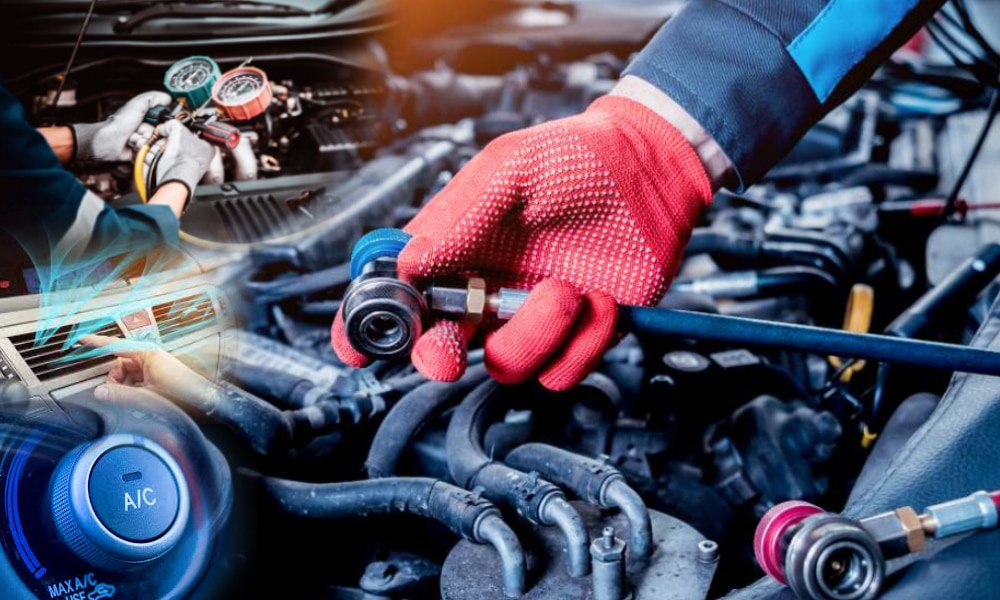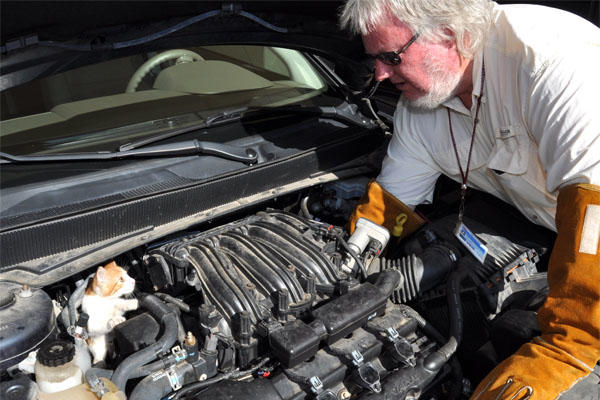Water pumps play a crucial role in maintaining the cooling systems of commercial vehicles. Their primary responsibility is to ensure the continuous circulation of coolant throughout the engine, thereby maintaining optimal operating temperatures and preventing overheating. Water pumps are susceptible to malfunctions, akin to any other mechanical component, which can adversely impact a vehicle’s longevity and performance. This article examines the common causes of water pump failures in commercial vehicles and the possible repercussions of these malfunctions.
Over time, the effects of wear and tear become evident
The natural progression of wear and tear over time is among the most prevalent factors contributing to water pump failure in commercial vehicles. The mechanical parts of the water pump, including the seals and bearings, may wear out as cars accrue miles. This attrition could lead to diminished coolant circulation efficiency, potentially causing an increase in engine temperature. The water pump frequently receives insufficient attention in standard maintenance schedules, potentially leading to a gradual decline that may go unnoticed until it is too late to address. Regular inspections and necessary repairs may alleviate this issue, ensuring the water pump operates effectively throughout the vehicle’s lifespan.
Contamination of Coolant
The contamination of coolant serves as a significant factor leading to the failure of water pumps. Obstructions resulting from the accumulation of dirt, rust, and various particles over time can hinder the flow of fluid within the cooling system. Alongside the detrimental effects on the water pump, this pollution has the potential to adversely impact other critical components of the cooling system. Contaminants can lead to the premature failure of a water pump by inducing excessive wear on the impeller and bearings. To mitigate this issue and extend the overall lifespan of the cooling system, including the water pump, it is advisable to implement a regular coolant maintenance schedule that encompasses routine cleansing and timely replacement by the Auto Repair in Littleton, Co.
Insufficient Maintenance and Installation
Poor installation and maintenance techniques are often the cause of water pump malfunctions. The incorrect installation of a water pump can lead to misalignment and undue stress on the pump assembly. Moreover, issues may be exacerbated by failing to adhere to maintenance protocols as outlined by the manufacturer, including neglecting to replace the drive belt or utilizing inappropriate coolant. Negligence in this matter could lead to leaks and a reduction in cooling efficiency. To mitigate the risk of failure, it is imperative for commercial vehicle operators to ensure that water pumps are installed by qualified specialists and that regular maintenance procedures are conducted in accordance with manufacturer guidelines.
Pressure on the engine and excessive heat generation
Overheating could indicate a malfunctioning water pump, in addition to being a potential cause of the issue. The water pump, along with other components of the cooling system, experiences significant stress when an engine operates at elevated temperatures consistently. Issues such as a malfunctioning thermostat, a broken radiator, or insufficient coolant levels can all contribute to overheating scenarios.


